Will America ban TikTok?
The social media controversy, explained
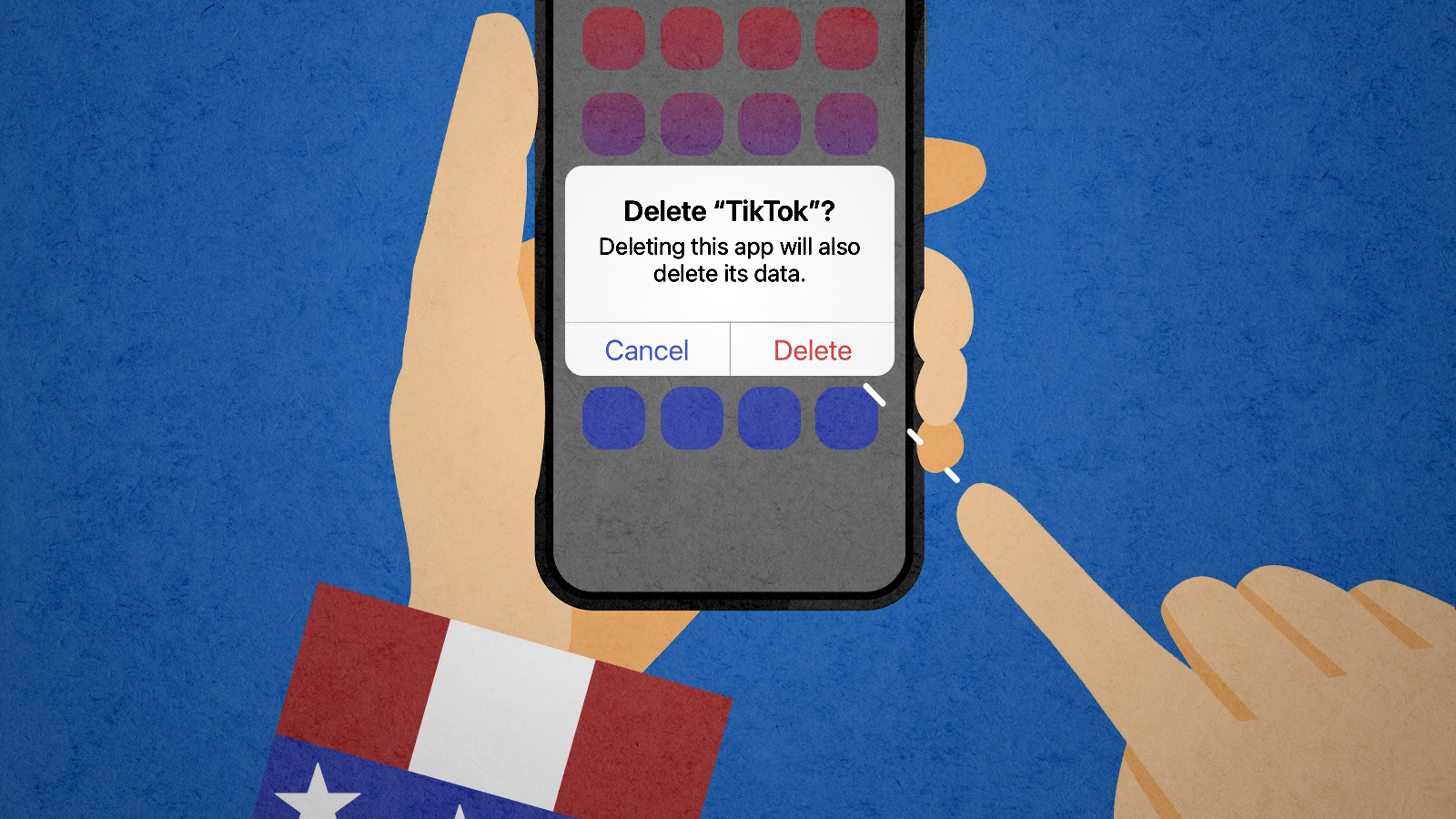
The popular social media app TikTok might be best known as a platform for viral dance crazes and other silly videos. But U.S. officials are worried it could also be used in ways that harm national security. A number of states, including Maryland, South Dakota and Texas, have already blocked the app from government devices, and Montana just issued the country's first full-fledged ban.
In November, Brendan Carr, an FCC commissioner, called for the federal government to cancel TikTok, and Sen. Marco Rubio (R-Fla.) introduced a bill to do just that. More recently, the White House demanded the app's Chinese owners divest their stake in the platform or risk a nationwide ban.
Why is the U.S. government worried about TikTok?
The short answer is influence and espionage. Social media apps are regularly scrutinized for how they influence their users. Witness the brouhahas over Facebook's role in the 2016 election and Twitter's role in blocking a story about Hunter Biden during the 2020 presidential campaign. TikTok comes with a twist: It's owned by a Chinese company, ByteDance. "It isn't an arm of the Chinese Communist Party," Vox explained, "but Chinese laws say it can be forced to assist the Chinese government."
Subscribe to The Week
Escape your echo chamber. Get the facts behind the news, plus analysis from multiple perspectives.

Sign up for The Week's Free Newsletters
From our morning news briefing to a weekly Good News Newsletter, get the best of The Week delivered directly to your inbox.
From our morning news briefing to a weekly Good News Newsletter, get the best of The Week delivered directly to your inbox.
That raises concerns that Chinese officials could influence Americans by manipulating the app algorithm. In one instance, an American teenager was banned from the platform in 2019 for criticizing China's treatment of Muslim Uyghurs, though that ban was later lifted. And like other social media apps, TikTok collects vast amounts of data on its users — a big reason that states are now banning the app from government devices. "All of these things are in the hands of a government that doesn't share our values and that has a mission that's very much at odds with what's in the best interests of the United States," FBI Director Christopher Wray said in December. "That should concern us."
Meanwhile, U.S.-China relations grew even more strained after a Chinese spy balloon was found floating over the U.S. in February, prompting heightened concerns about potential surveillance by the Chinese government, a claim that China denied.
What has the U.S. done?
In August 2020, then-President Donald Trump signed an executive order that essentially banned TikTok and another app, WeChat, from the United States. The ban never went into effect due to legal challenges, and in June 2021, the Biden administration reversed the order alongside a promise to evaluate the risks of China-based apps to U.S. national security. But some Democrats have reluctantly suggested that Trump may have had the right idea.
The Biden administration also called for federal agencies to delete the app from all federal devices (a step the White House and certain agencies had already taken), in a decision the Office of Management and Budget described as a "critical step forward in addressing the risks presented by the app to sensitive government data."
In December, Congress passed the No TikTok on Government Devices Act as part of a government spending package. The act allows the app to be used in limited circumstances for national security and research. Many states have also already banned the use of TikTok on their respective federal devices.
In March, a bipartisan group of 12 senators introduced a bill that would give the federal government newfound authority to restrict and potentially ban certain technologies (including TikTok) from China and five other countries "deemed to be U.S. adversaries," Politico wrote. Not long after, the White House separately demanded that TikTok's Chinese owners divest their stakes in the app or risk getting slapped with a nationwide ban. And in May, Montana Gov. Greg Gianforte (R) signed legislation prohibiting mobile app stores from offering the application for download in his state by January 1, 2024. TikTok has sued Montana over the law.
In an attempt at keeping its American audience, TikTok last fall launched Project Texas, an effort to "isolate sensitive data from its American users so that only staff in the U.S. will have access." That's an expensive undertaking, but CEO Shou Zi Chew said he's "very confident that … we will come up with a solution that will reasonably address the national security concerns."
What are the pros and cons of a ban?
An embargo on the app "would ultimately harm the most marginalized in society," argued misinformation researcher and TikToker Abbie Richards. She said the platform's "bottom-up ecosystem" allows for "voices previously excluded from the media to reach unprecedented audiences." And British technology journalist Chris Stokel-Walker believes that while Chinese influence is certainly a concern, the issue "is hardly unique to TikTok. Indeed, TikTok is doing as much as any platform to deal with this particular problem."
Banning TikTok "would immediately solve our national security concerns about the wildly popular Chinese-owned video app," Glenn Gerstell, a senior adviser at the Center for Strategic and International Studies and former general counsel for the National Security Agency, wrote in a guest essay for The New York Times. "But such a ban might ultimately put our national security at greater risk. Moreover, it would sidestep a broader problem — our nation's overall failure to address concerns over the huge amount of personal data collected in our digital lives, especially when that data could be used by foreign adversaries."
What's next?
If a national ban were passed, lawsuits, like that in Montana, would likely follow, and if the embargo managed to survive after that, "it would most likely result in Apple and Google, who run the vast majority of smartphones in the U.S., removing TikTok from their app stores and turning off app updates," reported CBS News. In turning off updates, the platform would eventually become unusable, even for those who already had the app downloaded on their phone.
TikTok could also push to be purchased by a larger American company, though "[a]ny acquisition of this size is almost certainly going to raise antitrust concerns," said Caitlin Chin, a fellow at the Center for Strategic and International Studies. "That rules out Meta and YouTube, which is owned by Google. I don't think it would be easy."
Updated May 25, 2023: This article has been updated throughout.
A free daily email with the biggest news stories of the day – and the best features from TheWeek.com
Brigid Kennedy worked at The Week from 2021 to 2023 as a staff writer, junior editor and then story editor, with an interest in U.S. politics, the economy and the music industry.
-
 Quiz of The Week: 12 – 19 July
Quiz of The Week: 12 – 19 JulyHave you been paying attention to The Week's news?
-
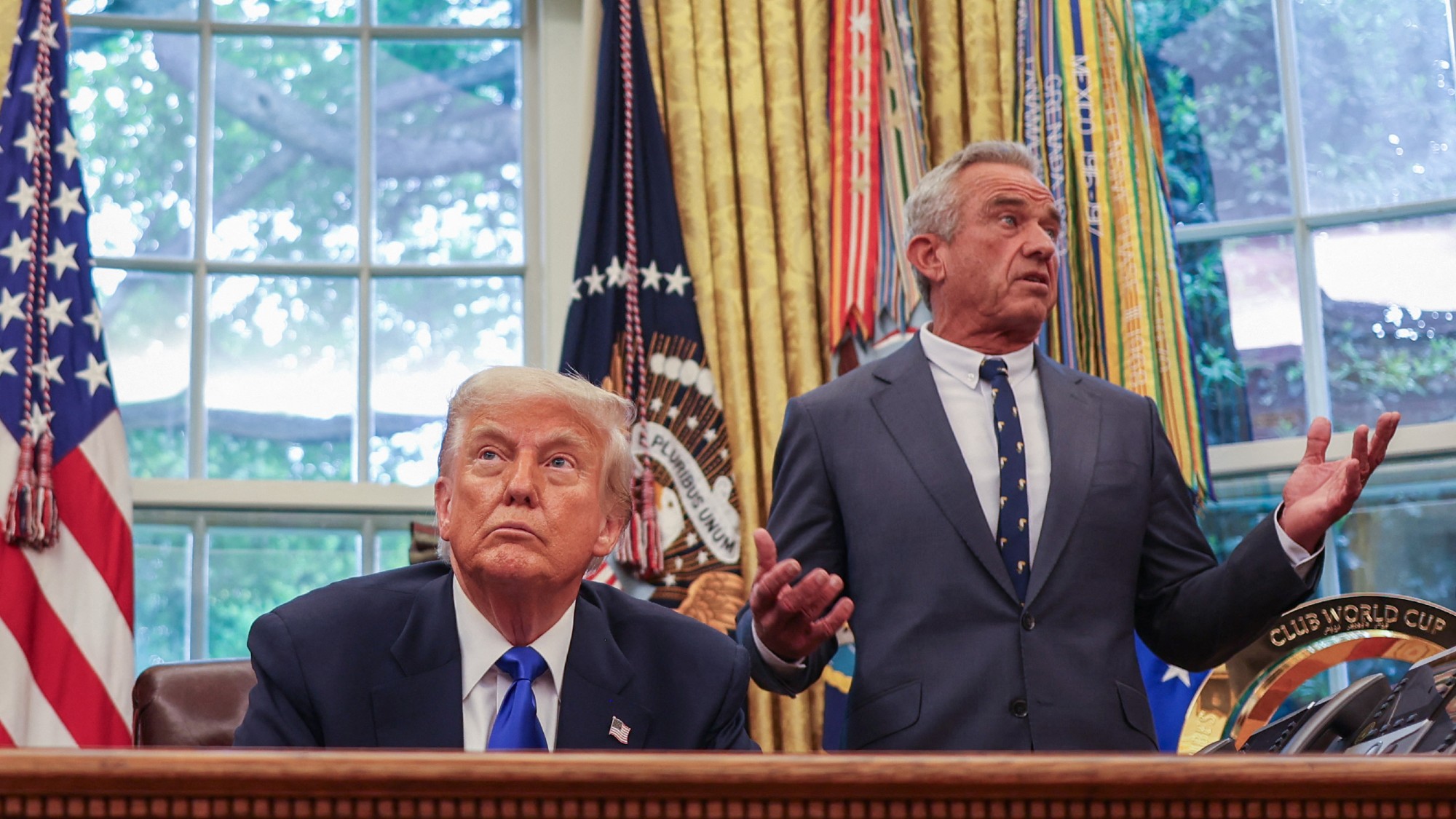 Do we need more right-wing scientists?
Do we need more right-wing scientists?Talking Point Academics have a 'responsibility' to demonstrate why research matters to people who are not politically left-leaning, says Wellcome boss
-
 The week's best photos
The week's best photosIn Pictures A missile garden, a line of lava, and more
-
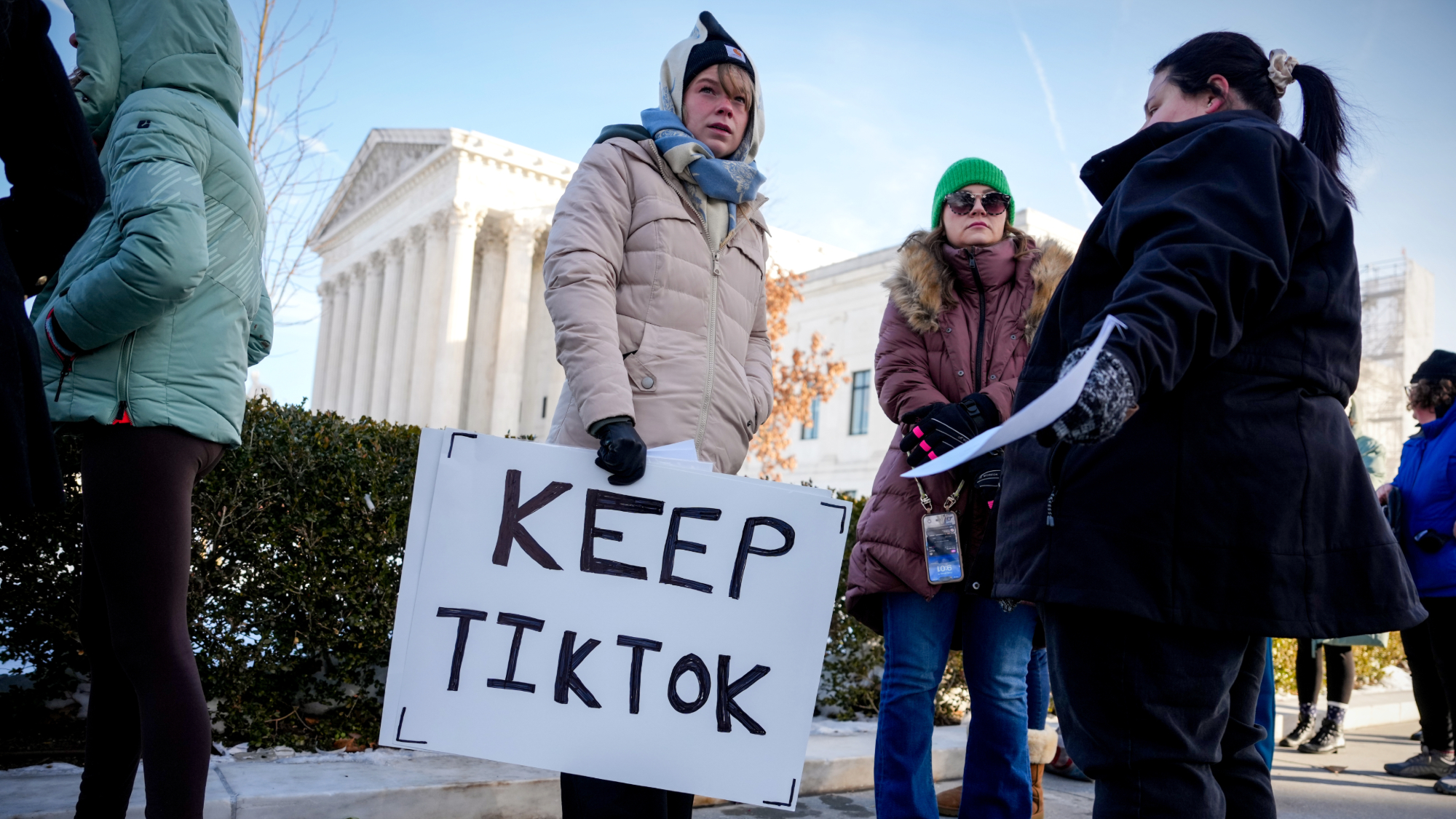 TikTok's fate uncertain as weekend deadline looms
TikTok's fate uncertain as weekend deadline loomsSpeed Read The popular app is set to be banned in the U.S. starting Sunday
-
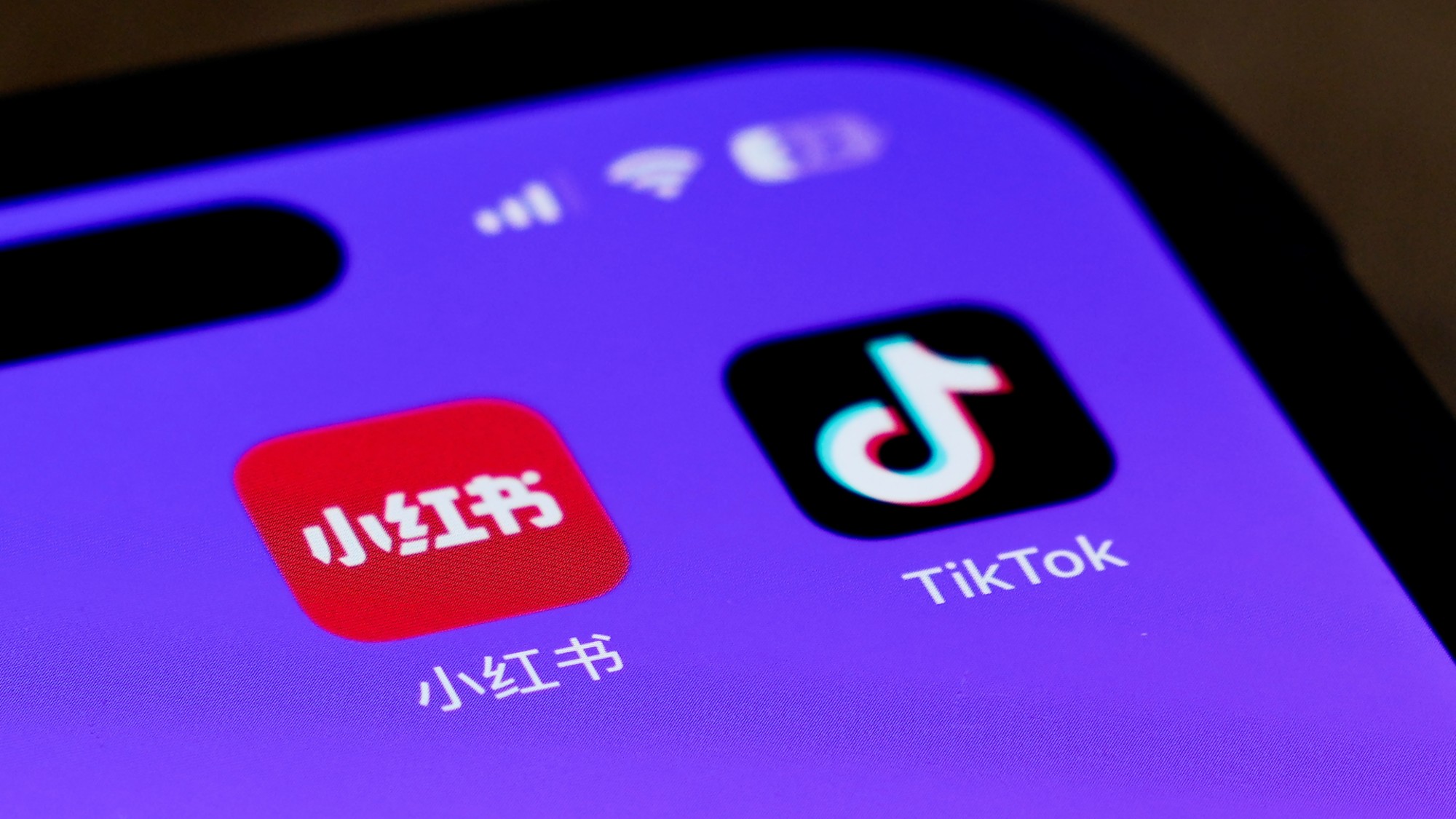 TikTok alternatives surge in popularity as app ban looms
TikTok alternatives surge in popularity as app ban loomsThe Explainer TikTok might be prohibited from app stores in the United States
-
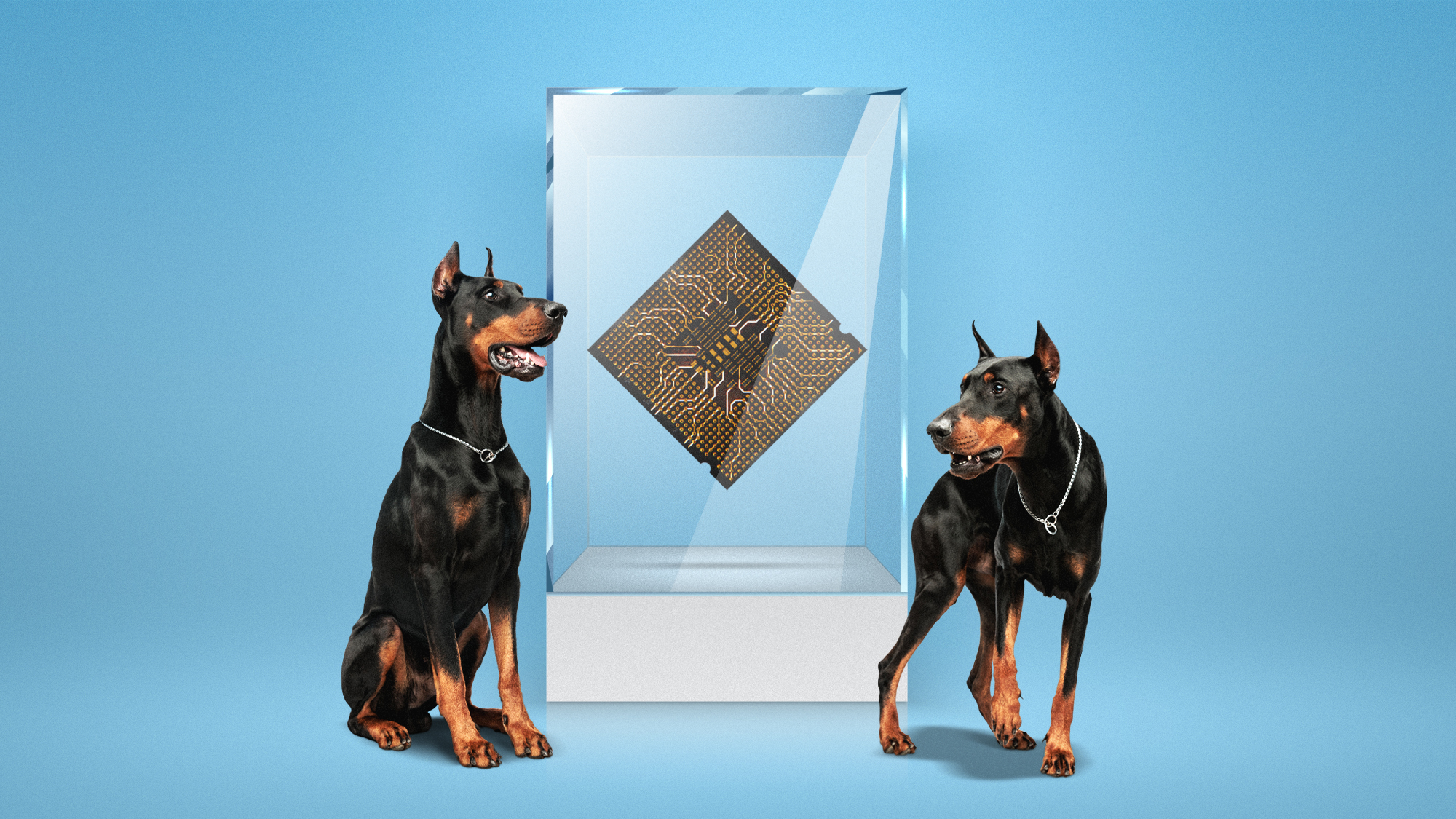 Will Biden's AI rules keep the genie in the bottle?
Will Biden's AI rules keep the genie in the bottle?Talking Points A new blow in the race for 'geopolitical superiority'
-
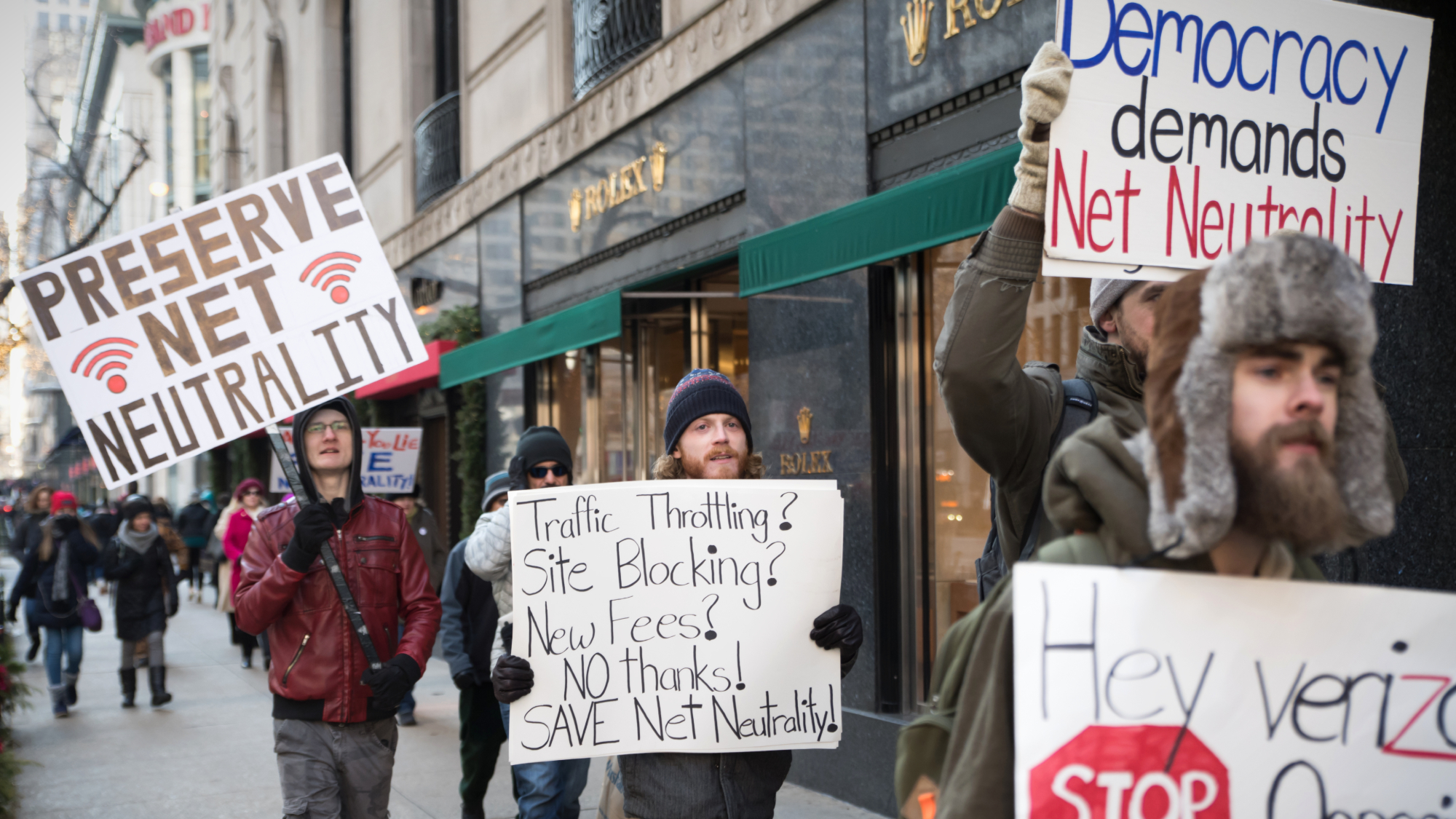 Appeals court kills FCC net neutrality rule
Appeals court kills FCC net neutrality ruleSpeed Read A U.S. appeals court blocked Biden's effort to restore net-neutrality rules
-
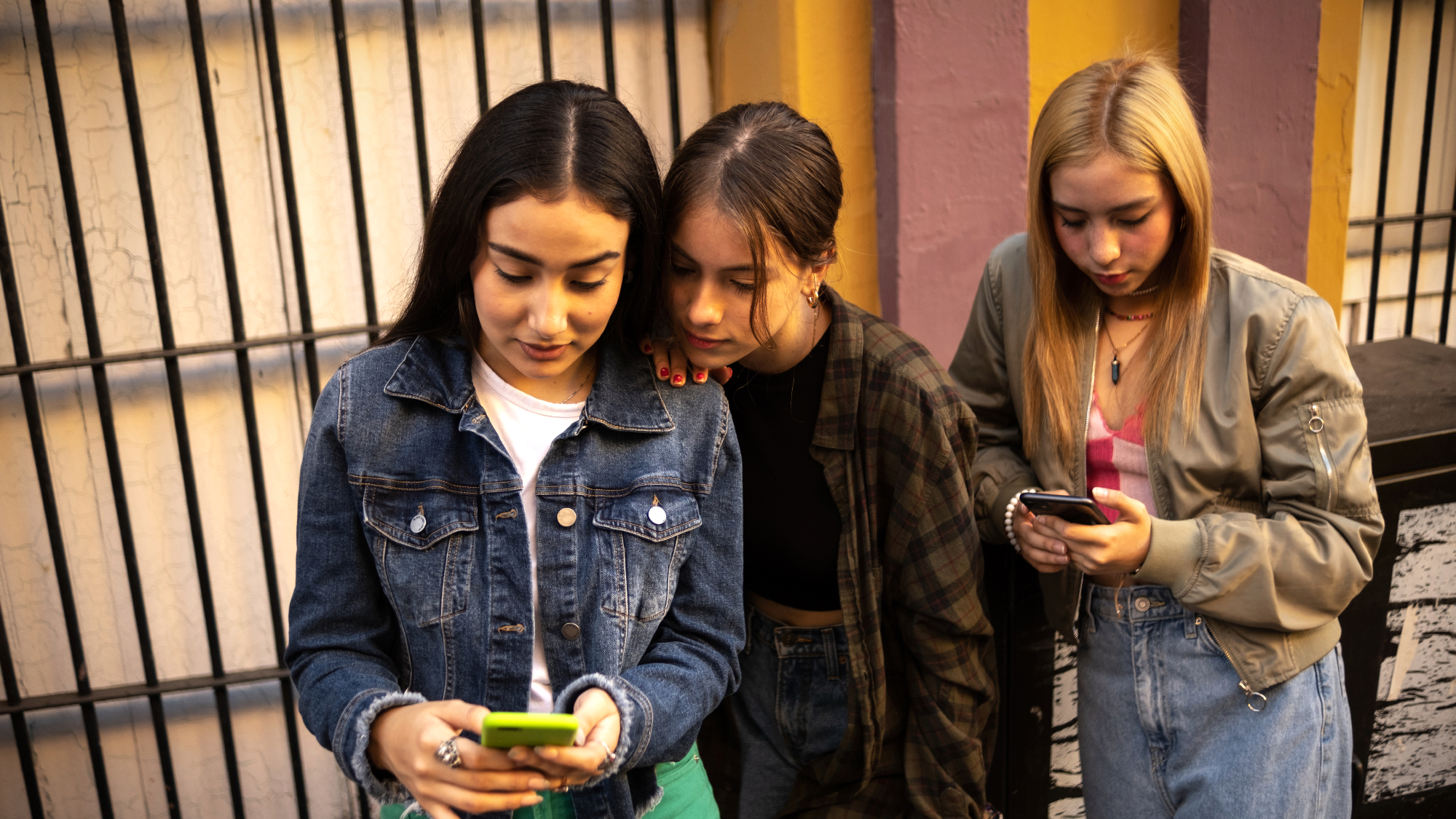 States sue TikTok over children's mental health
States sue TikTok over children's mental healthSpeed Read The lawsuit was filed by 13 states and Washington, D.C.
-
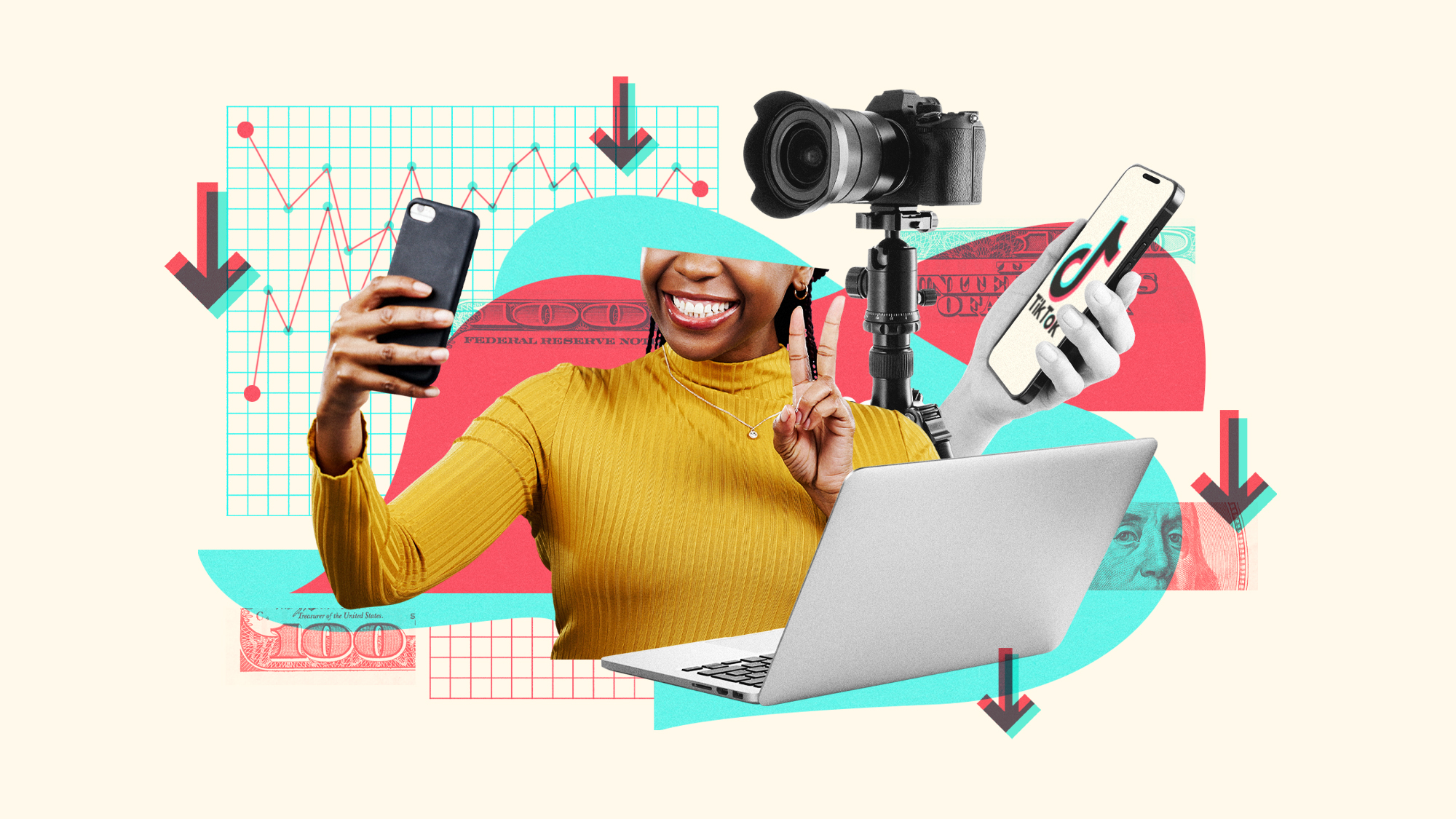 What happens if TikTok is banned?
What happens if TikTok is banned?Today's Big Question Many are fearful that TikTok's demise could decimate the content creator community
-
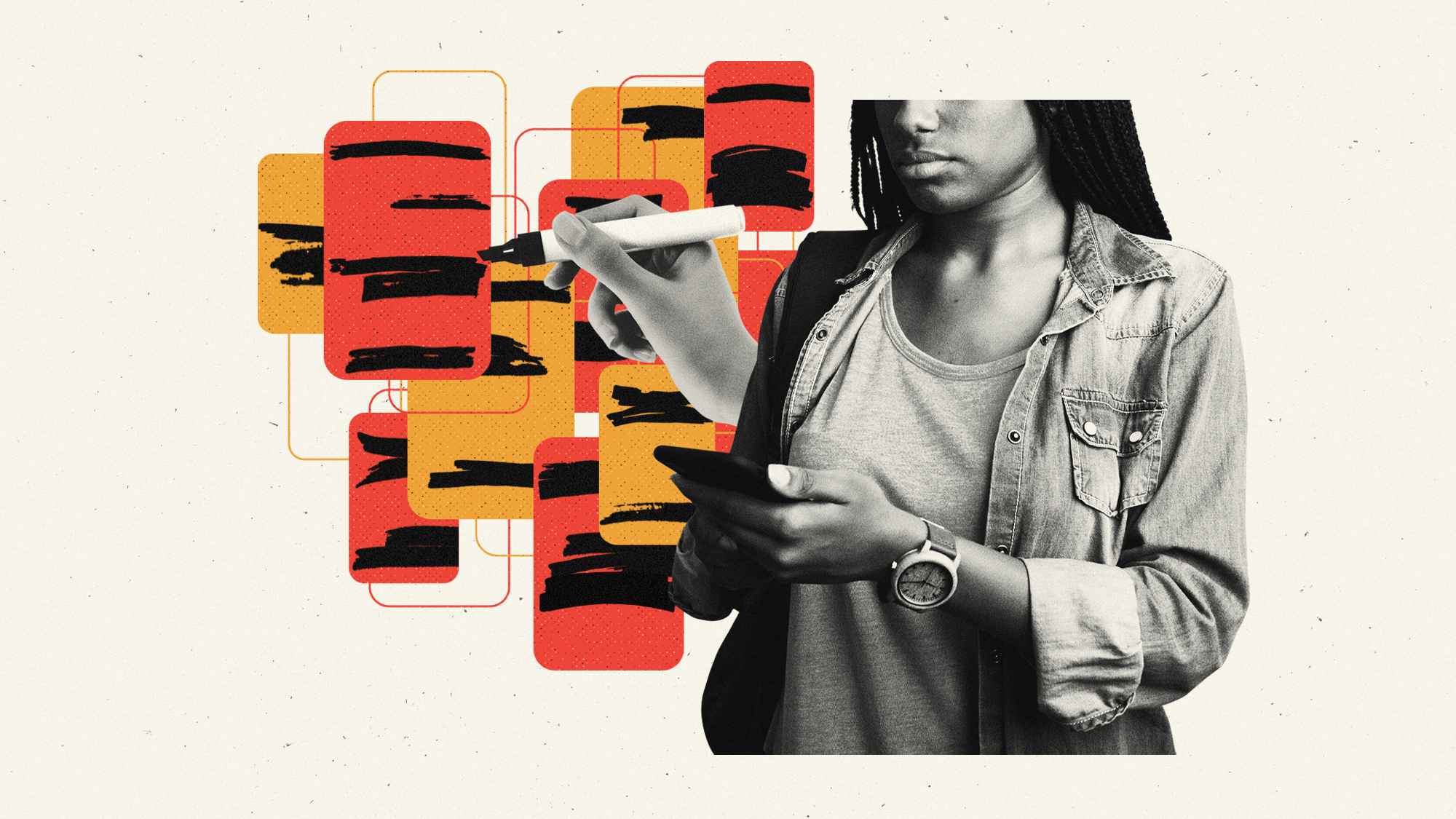 How social media is limiting political content
How social media is limiting political contentThe Explainer Critics say Meta's 'extraordinary move' to have less politics in users' feeds could be 'actively muzzling civic action'
-
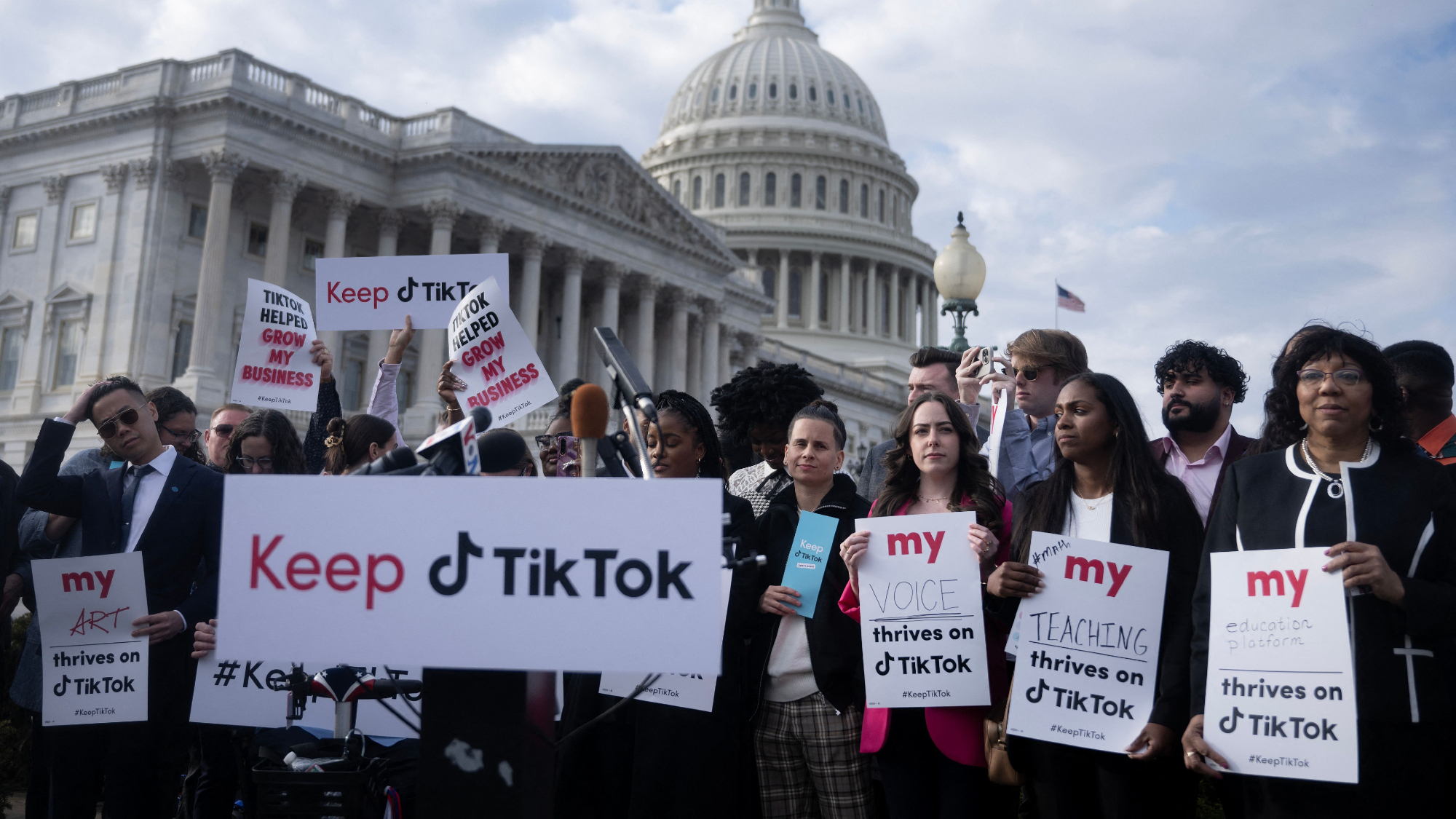 TikTok: an agent of Chinese propaganda?
TikTok: an agent of Chinese propaganda?In the Spotlight US Senate to deliberate on bill that would ban the app or force its Chinese parent company to divest



